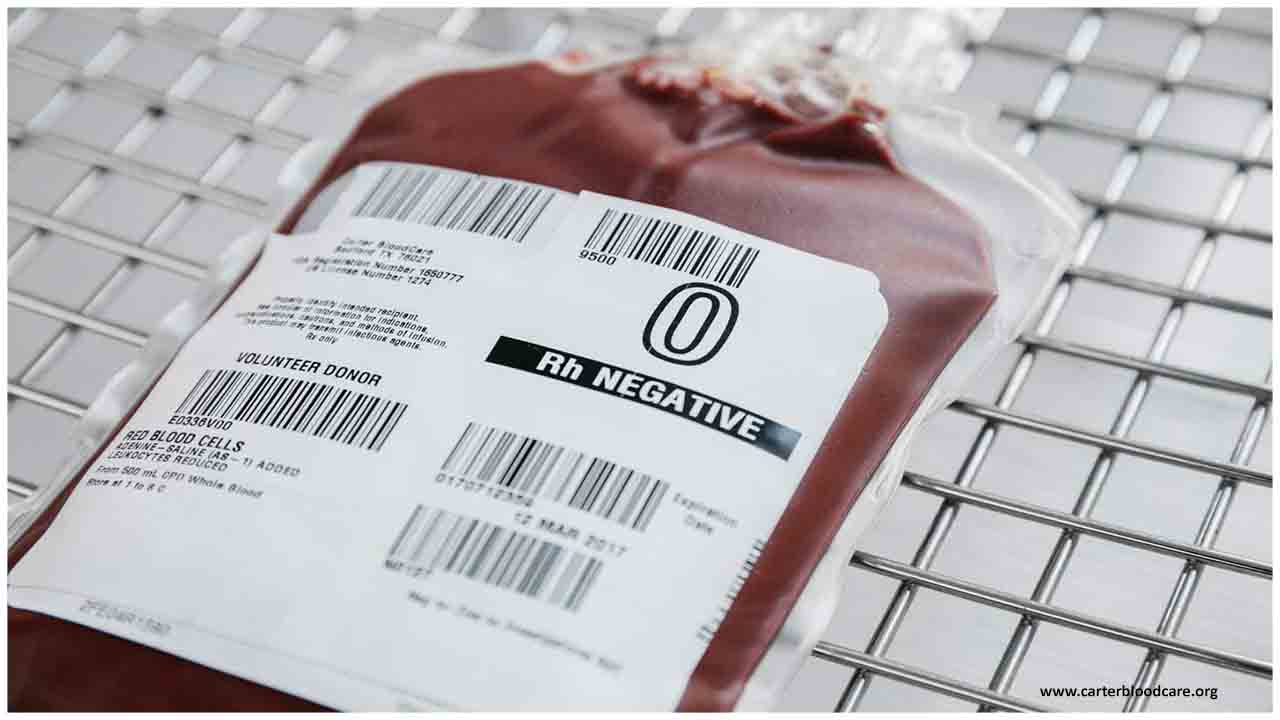Having a specific blood group may mean you're less vulnerable to the novel coronavirus, a replacement study reportedly suggests.
Researchers at 23andMe – a genetic testing company – found that folks with O blood were up to 18 % less likely to check positive for COVID-19, the disease caused by the virus, and 26% less likely to contract the virus.
It is the newest study to suggest that the blood group may play a task within the severity of the disease, although it's yet to be peer-reviewed. Both the study said their research indicated a link between the genes that determined blood groups and therefore the virus.
More than 750,000 participants of which 10,000 reportedly having COVID-19, participated in the study. Around 1.3% with O blood tested positive, while 1.4% of these with A blood and 1.5% of individuals with B or AB blood had the disease.
People with O-type blood who had been exposed to the virus, like frontline doctors, were between 13 and 26% less likely to check positive.
“Among respondents to the 23andMe Covid-19 survey, the percent of respondents reporting a positive test for Covid-19 is lowest for people that are O blood group. The percent of respondents reporting a positive test for Covid-19 was highest among those with the AB blood group,” 23andMe is quoted saying in an online post.
“In 23andMe’s data we found that differences by self-reported Rh factor (blood type + or -) weren't significant, nor was the interaction between blood type and Rh factor in statistical models predicting being a case, or being a hospitalised case."
The study is ongoing, and researchers hope to still understand the virus better.
A study in China found that folks with A blood had a better risk of contracting Covid-19 than other blood groups, while O had a lower risk.
Italian and Spanish researchers group discovered a greater risk of illness among A-positive blood group people. Columbia University Irving Medical Centre has reached similar findings – that folks with A-positive and A-negative blood were 33% more likely to contract coronavirus.

 Research indicated a link between the genes that determined blood group and therefore the virus
Research indicated a link between the genes that determined blood group and therefore the virus



















.jpeg)






.jpg)




.jpg)





.jpeg)
